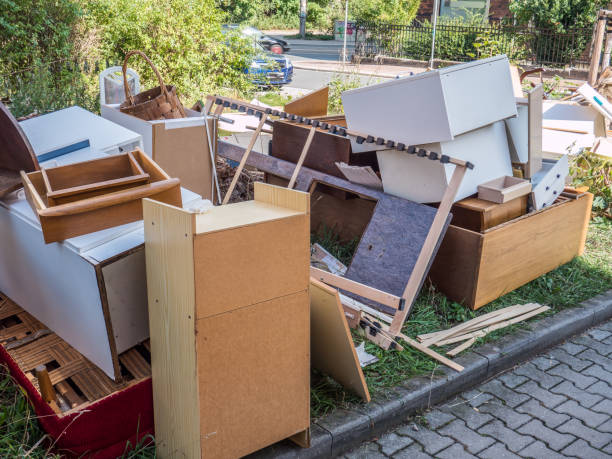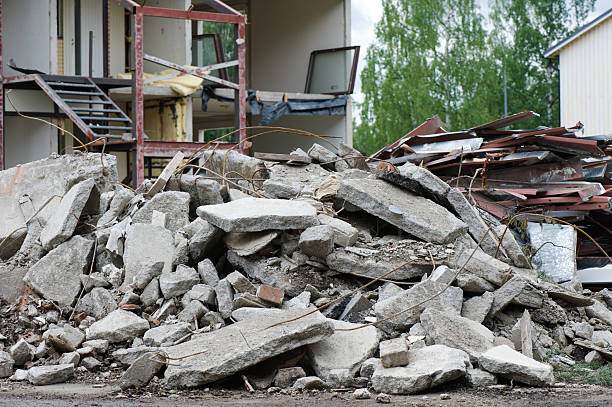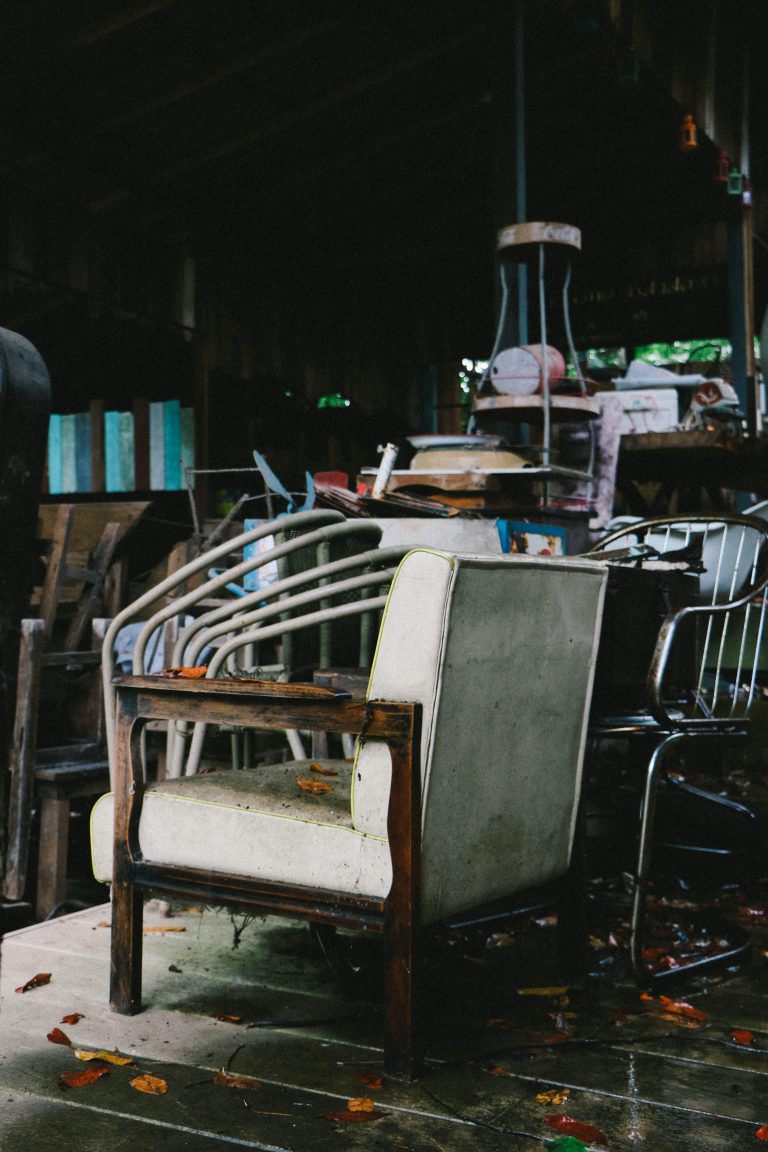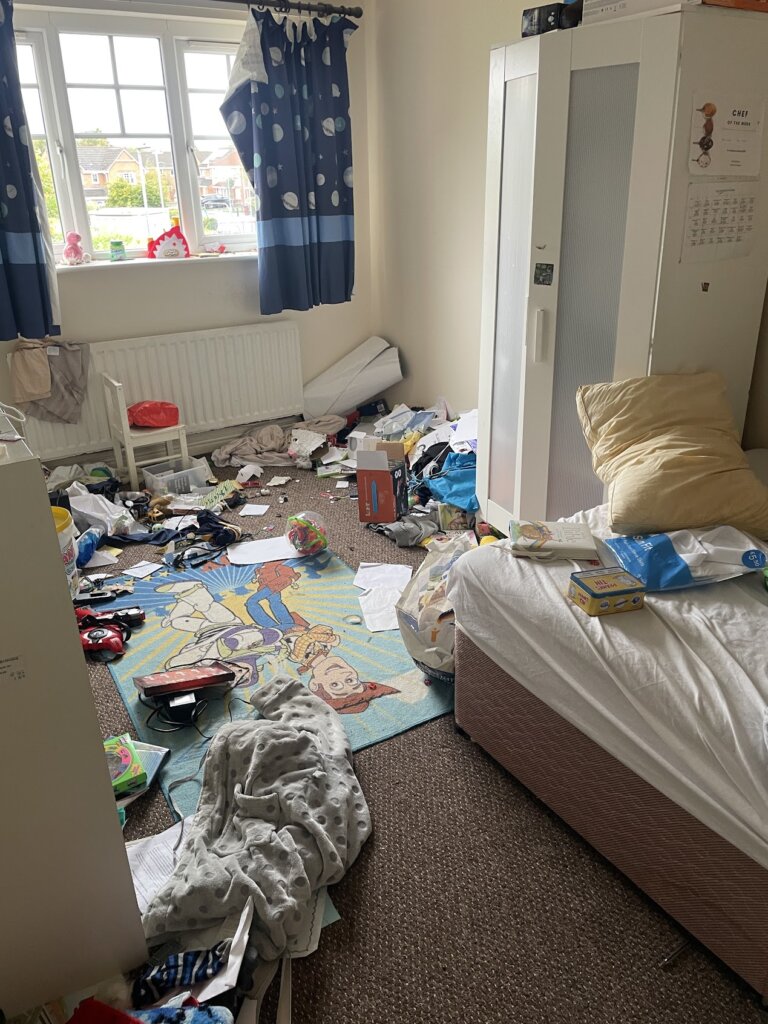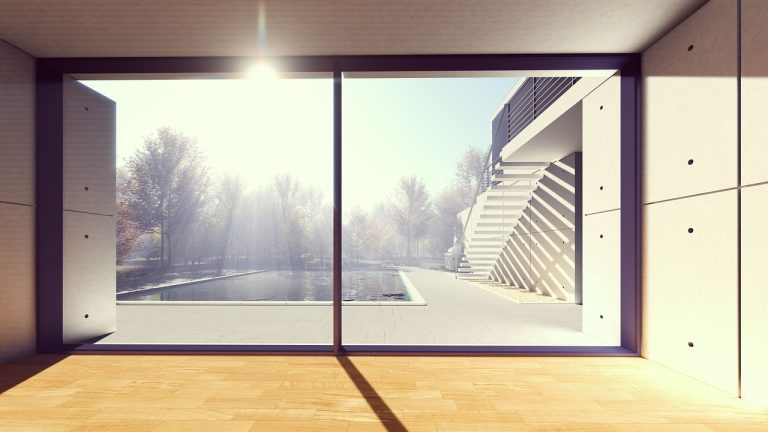Rubbish Removal After A New Kitchen Installation Glasgow
Are you weary of the clutter and debris, including bulky waste, that remains after your kitchen renovation? Consider using our Junk It Scotland services for efficient removal. Allow us to handle the cleanup! Our professional and efficient rubbish removal service in Glasgow will leave your space spotless, and we can also handle kitchen and bathroom waste, enabling you to appreciate your new kitchen fully.
Types of Rubbish from Kitchen Installations
When renovating your kitchen, be sure to follow local regulations regarding rubbish collection and disposal, especially those set by Glasgow City Council. You’ll likely generate a variety of waste that may require professional clearance services from a removal company. Here’s a breakdown of common types of waste managed by our removal company based in Glasgow.
- Packaging Materials: Please ensure to include items that can be responsibly disposed of. Bubble wrap, polystyrene, and cardboard boxes used to protect new appliances And fixtures can be recycled through our specialized removal process.
- Excess Materials: Sawdust, pipes, tiles, which can also be recycled through our eco-friendly rubbish removal options. MDF, And wood scraps left over from the installation can be disposed of responsibly through recycling and disposal services.
- Hazardous Waste: Empty adhesive tubes, silicone containers, and construction debris.
- Old Kitchen Materials: Units, cabinets, and consider our rubbish removal Glasgow service for efficient clearance of household waste. tiles, flooring, sinks, appliances, and fixtures.
- Associated Waste: Debris from related work, such as flooring, which we can help remove and dispose of responsibly. windows, and garden waste, which can be included in our junk removal services.
- Reusable Packaging: Opting for reusable packaging can significantly reduce household waste during renovations. Save “pizza boxes” and other reusable items for responsible recycling.
How Much Rubbish to Expect
The quantity of waste generated will depend on the size of your kitchen and the extent of the renovation. On average, the cost of waste disposal in the Glasgow area can be minimized by choosing eco-friendly options. a typical kitchen replacement can produce approximately 600 kg of waste, filling a standard builder’s skip or half to three-quarters of a tipper van for junk removal.
Affordable Rubbish Removal Service Options
- Skip Rental:
- Pros: Our services help reduce landfill waste and promote recycling. Offers centralized waste collection, including options for bulky waste and eco-friendly rubbish removal services in Paisley. making it ideal for large projects.
- Cons: Not all removal companies offer services for hazardous waste. Can be bulky and expensive, particularly for smaller jobs.
- Hippo Bag:
- Pros: Provides a convenient and cost-effective solution for smaller amounts of waste through our clearance services.
- Cons: Not suitable for large-scale projects or bulky items that exceed the capacity of our removal process.
- Local Tip:
- Pros: Offers a free option for junk it Scotland services. But requires manual labor and transportation, especially for bulky waste removal in Glasgow, which can be efficiently handled by our removal company.
- Cons: Can be time-consuming and messy.
- Man and Van Service:
- Pros: Provides professional handling for rubbish removal Glasgow, ensuring efficient service. is convenient, and often more affordable than skips for smaller loads.
- Cons: Requires research to find a reputable contractor.
- Outsource to Installation Company:
- Pros: Offers a streamlined process and may be included in the overall project cost.
- Cons: May be more expensive than other options.
Factors to Consider When Hiring Waste Management Service
- Waste Type: Certain materials, such as hazardous waste and household waste, which can be managed through our eco-friendly rubbish removal services based in Glasgow. have specific disposal requirements.
- Local Regulations: Always check SEPA guidelines when planning your waste disposal. Familiarize yourself with local guidelines for waste disposal.
- Recycling: Maximize recycling efforts to reduce the amount of waste.
- Environmental Impact: Choose eco-friendly options whenever possible, and consider using our junk in Scotland services for responsible disposal.
By carefully considering these factors, you can select the most suitable waste disposal method for your kitchen renovation project.
Let us handle the hassle of rubbish removal, so you can focus on enjoying your beautiful new kitchen. Contact us today at 0141 for a free quote on our waste removal service!


